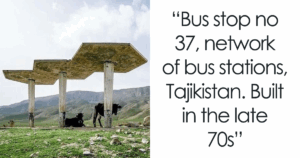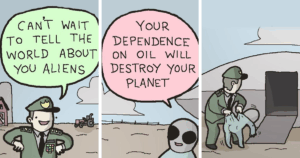“Unseen Struggles: 17 Harsh Truths About Poverty That Even the Wealthiest Often Miss”
Policymakers need to address these systemic issues by promoting financial inclusion, expanding access to affordable credit, and regulating predatory lending practices.
3. The Cycle of Debt and Predatory Lending

Lack of access to traditional financial services often pushes people towards predatory lenders, who charge extortionate interest rates, trapping them in a cycle of debt. These lenders exploit the vulnerable, making it nearly impossible to climb out of poverty.
Community-based financial institutions, credit unions, and microfinance initiatives can provide ethical alternatives to predatory lending, helping individuals build financial security and avoid debt traps.
4. The Precariousness of Housing

Affordable and stable housing is a luxury for many living in poverty. They face challenges like substandard living conditions, eviction threats, and frequent moves, all of which disrupt their lives and contribute to stress and instability.
Governments and non-profit organizations need to invest in affordable housing initiatives, rent control policies, and legal aid services to protect tenants’ rights and ensure access to safe and decent housing for all.
5. Limited Access to Quality Healthcare

The poor often have limited or no access to quality healthcare, leading to untreated health conditions, chronic illnesses, and even premature death. This lack of access prolongs a cycle of poverty, as poor health impacts one’s ability to work and earn a living.












